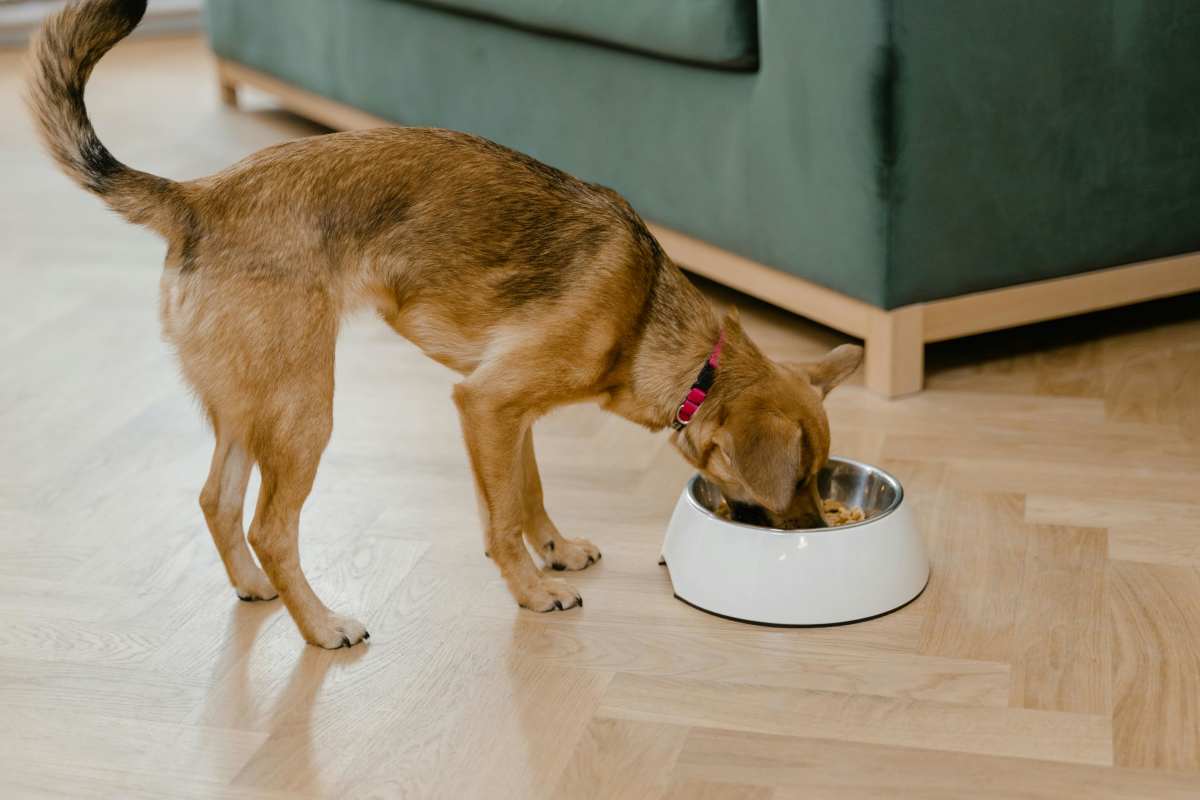More people are feeding their beloved pets ‘human-like’ food than ever — and experts say it’s as harmful as driving 13.6 million cars a year

More people than ever are feeding their beloved pets food that looks and tastes more like their own, and experts warn it’s doing real harm to the planet. In August 2017, researchers revealed that this growing trend in "human-like" diets or "fresh" pet food is responsible for as much pollution as driving 13.6 million cars for a year. The movement toward human-grade, refrigerated, or freshly prepared meals may feel like love, but scientists say it comes at a major environmental cost, one that most owners don’t realize they’re making.

According to NBC Connecticut, this trend stems from the idea that pets are full family members, deserving of the same food quality as humans. While that may sound caring, it’s having serious effects on the climate. Owning a pet is considered one of the most climate-intensive lifestyle choices a person can make. These furry companions eat every day, and their diet mostly consists of meat. “What else do pets do? We have to feed them. I think that that’s why it’s number one,” comments Allison Reser, director of sustainability and innovation at the Pet Sustainability Coalition. Meat production takes up land, water, and resources, and adds large amounts of greenhouse gases. A research study from UCLA found that feeding dogs and cats in the U.S. accounts for over a quarter of the environmental impact from meat consumption, which is equal to emissions from 13.6 million cars every year. Experts say that the type of food pet owners choose greatly affects their pets’ carbon pawprint.

Despite marketing that promotes refrigerated, fresh, or human-grade food as "healthier," there’s little proof that it leads to better pet health. “I think a lot of it is playing on marketing and treating pets as members of the family,” explained Alison Manchester, assistant professor at Cornell University’s College of Veterinary Medicine. She said that traditional kibble and canned food can provide a perfectly balanced diet and often make use of animal parts that would otherwise go to waste.

Billy Nicholles, a pet food researcher, agreed, noting that using prime cuts of human-grade meat increases the environmental burden because pets stop eating the leftover parts that were previously reused. “We definitely can’t dismiss these impacts altogether by just saying these are the offcuts, these are environmentally negligible,” he said. Even feeding too much can add to the problem. Overfeeding not only harms pets’ health but also increases the demand for food and, therefore, emissions unnecessarily.

Experts recommend several steps for pet owners who want to lower their environmental impact while keeping pets healthy. Reducing portion sizes for overweight pets, choosing foods made from organ meats or byproducts, and avoiding high-end "human-like" labels can make a big difference. Dogs can even thrive on plant-based diets, while cats, who rely more on animal protein, can benefit from less-polluting meats like chicken or fish instead of beef. Manchester also advises against making homemade meals or feeding pets table scraps, warning there’s “a lot of room for error” that can cause nutrient problems.
Beyond diet, experts suggest choosing smaller pets, adopting from shelters instead of breeders, and using durable or recycled accessories. “I make her toys out of trash, honestly. Like a piece of newspaper or a receipt,” Reser shared, highlighting her simple yet effective way of turning recyclable materials into toys for her cat.